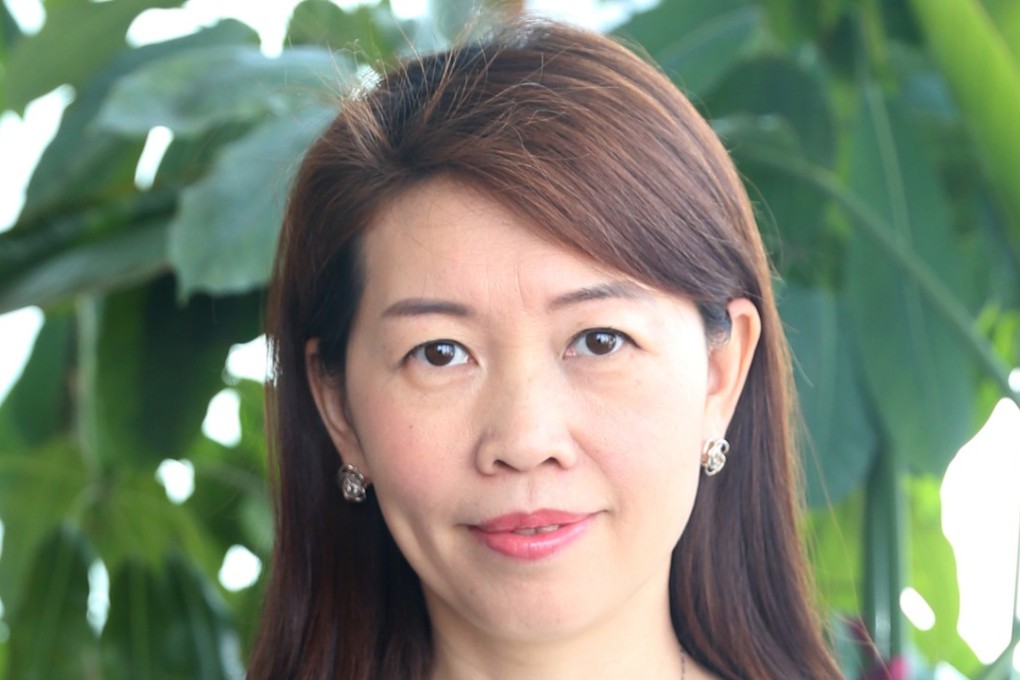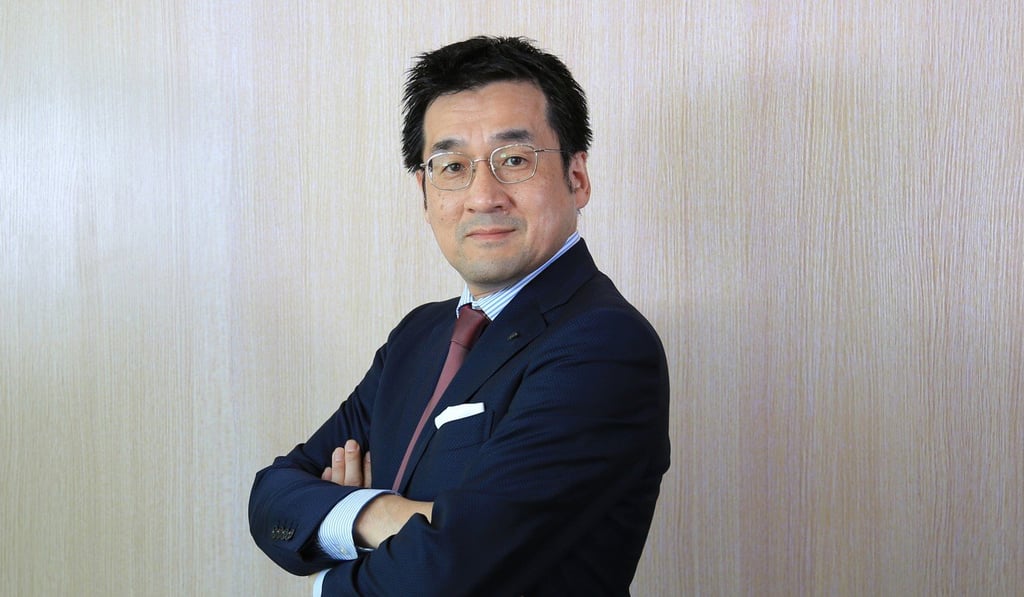Eisai gives Chinese doctors and patients upper hand against cancer, serious illnesses
Japan’s global frontrunner in neurology, oncology and gastrointestinal areas is building academic and institutional links, and compiling clinical evidence to support the treatment of Alzheimer’s disease in China

[Country Business Reports interviews and articles by Discovery Reports www.discoveryreports.com]
Global pharmaceutical company Eisai remains true to its passion for satisfying unmet patient needs, based on the corporate philosophy “human health care (hhc)”. A global frontrunner in neurology, oncology and gastrointestinal areas, Eisai is focusing more on China, giving Chinese doctors and patients an upper hand against cancer, Alzheimer’s disease and other serious illnesses.
“China needs to catch up with the global scene in terms of drug innovation in the fields of oncology and neurology,” says Norio Kaneko, chairman of Eisai China. “We have a good relationship with the academia worldwide, and our first priority is to connect our China knowledge base with that of Eisai’s global operations.”

In the neurology area, Eisai is behind the highly successful treatment discovered and developed in-house by the company for Alzheimer’s disease or dementia with Lewy bodies.
Donepezil hydrochloride, which is marketed under the product name Aricept, inhibits the activity of cetylcholinesterase. This is the enzyme that breaks down the neurotransmitter acetylcholine. Aricept was first launched by Eisai in 1997 in the United States, and has been approved in more than 100 countries worldwide.
In the field of oncology, Eisai has discovered and developed in its laboratories the novel anticancer agent Halaven. The drug has been approved for use in the treatment of breast cancer in more than 60 markets, and additionally approved in 2016 for use in the treatment of soft tissue sarcoma in Japan, the US and Europe.
Our focus now is to make Aricept, Pariet, Lenvima and our other brands No 1 in China as well in the near future
Another effective anticancer agent originally discovered and developed by Eisai in-house is Lenvima. It has been approved for use in the treatment of refractory thyroid cancer in more than 50 countries. In May 2016, Lenvima was also approved in combination with everolimus for the treatment of renal cell carcinoma in the US. Submitted for approval for use in the treatment of hepatocellular carcinoma in China in October 2017, Lenvima has been designated for priority review and approval by the China Food and Drug Administration.
Other breakthrough medications developed by Eisai include Methycobal for the treatment of peripheral neuropathy and proton-pump inhibitor Pariet, indicated for the treatment of gastric and duodenal ulcers, reflux esophagitis and eradication of Helicobacter pylori infections, among others.
“These are among the top brands in the world, and we would like to expand the potential of these products in China,” Kaneko says. “Our focus now is to make Aricept, Pariet, Lenvima and our other brands No 1 in China as well in the near future.”
To achieve this goal, Eisai draws on nearly 30 years of experience on the mainland. It acquired a generics drug company in 2015 to be able to offer affordable quality medications while reaching out and educating doctors in tier 2 and 3 hospitals.
The company also welcomes collaborations with research institutions and universities to create evidence for Lenvima in hepatocellular carcinoma. It is also compiling clinical evidence on the Chinese population to support the treatment of Alzheimer’s disease.
“With the Chinese government investing more in health care, our business in China has continued to grow in the past six years,” says Fendy Feng, president of Eisai China. “Such an opportunity, however, comes with unique challenges brought on by a fast-changing market. In line with our vision of becoming a truly global ‘hhc’ company, we try to deliver innovations that meet the specific needs of local patients.”